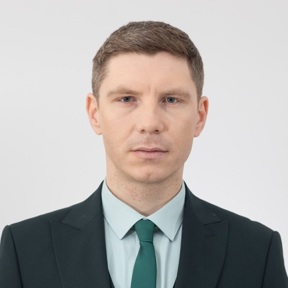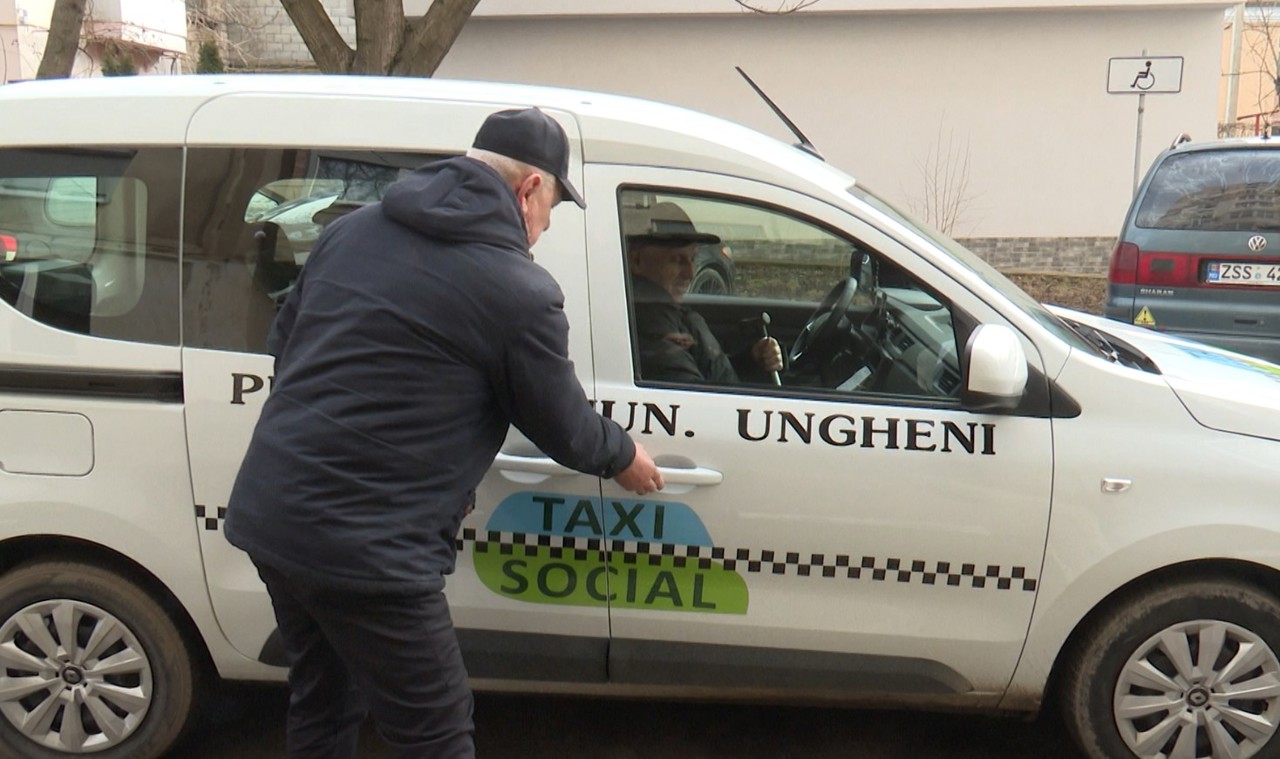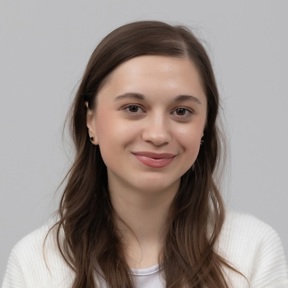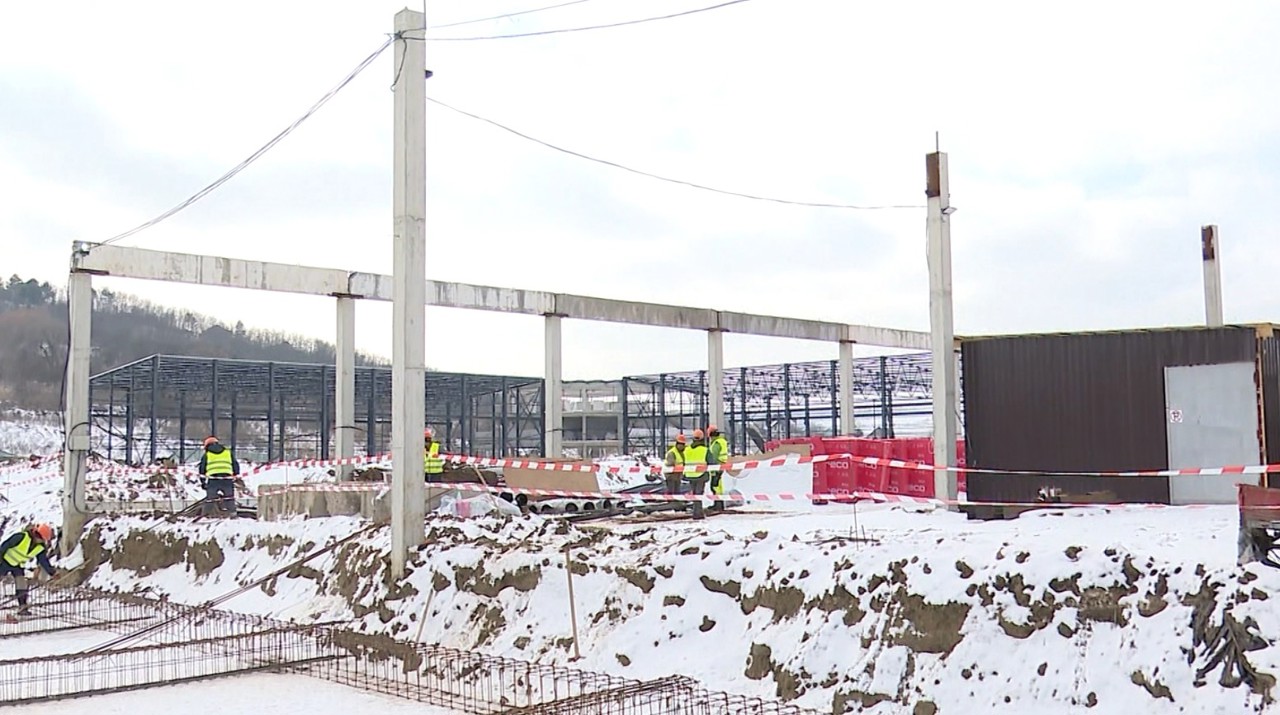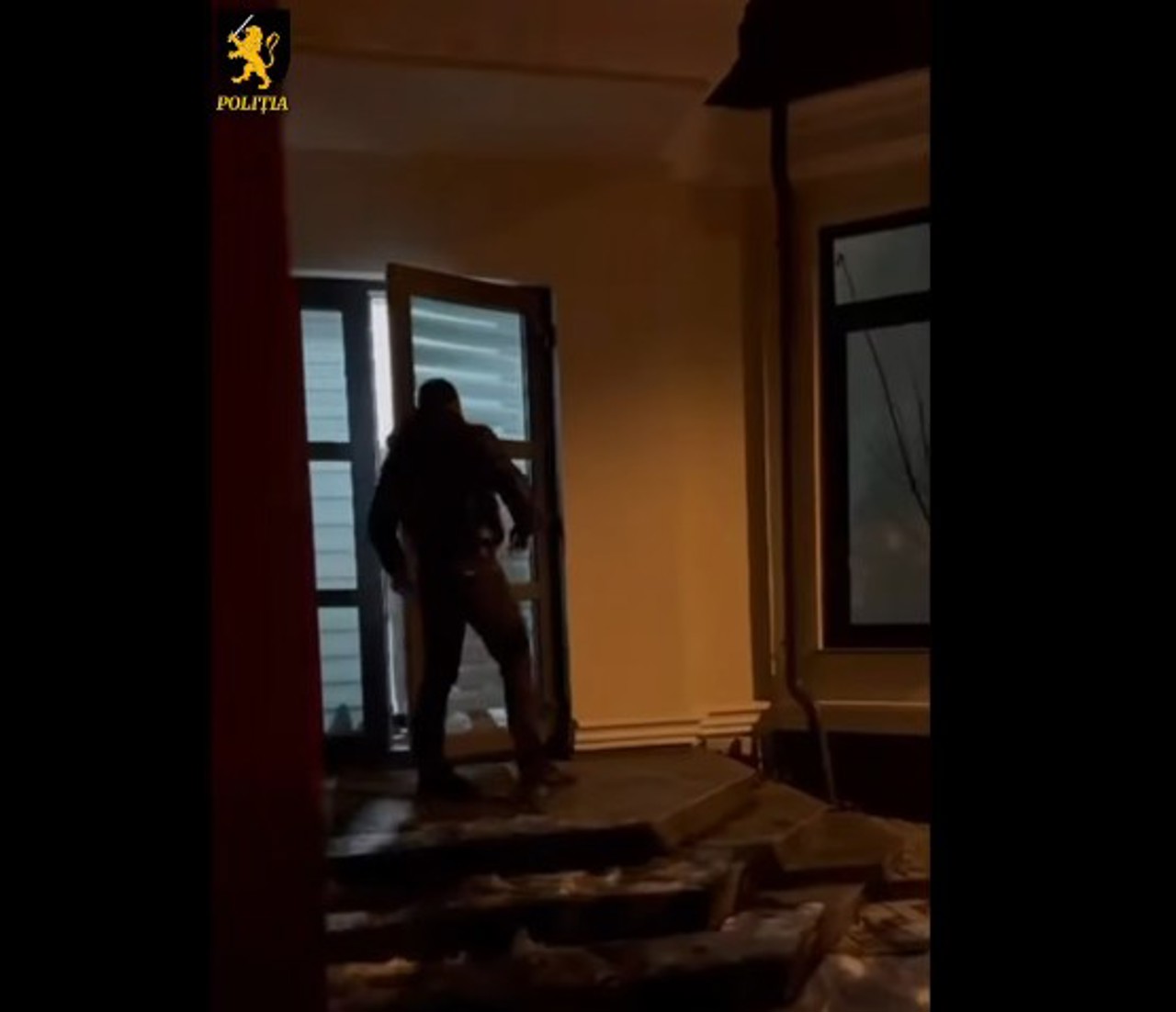Marco Rubio: U.S. remains committed to NATO amid tensions
The United States remains firmly committed to NATO, asserts U.S. Secretary of State Marco Rubio. During his first NATO Foreign Ministers' meeting, he called on all member governments to increase defense spending to over 5% of their GDP, acknowledging, however, that achieving this immediately is unrealistic.
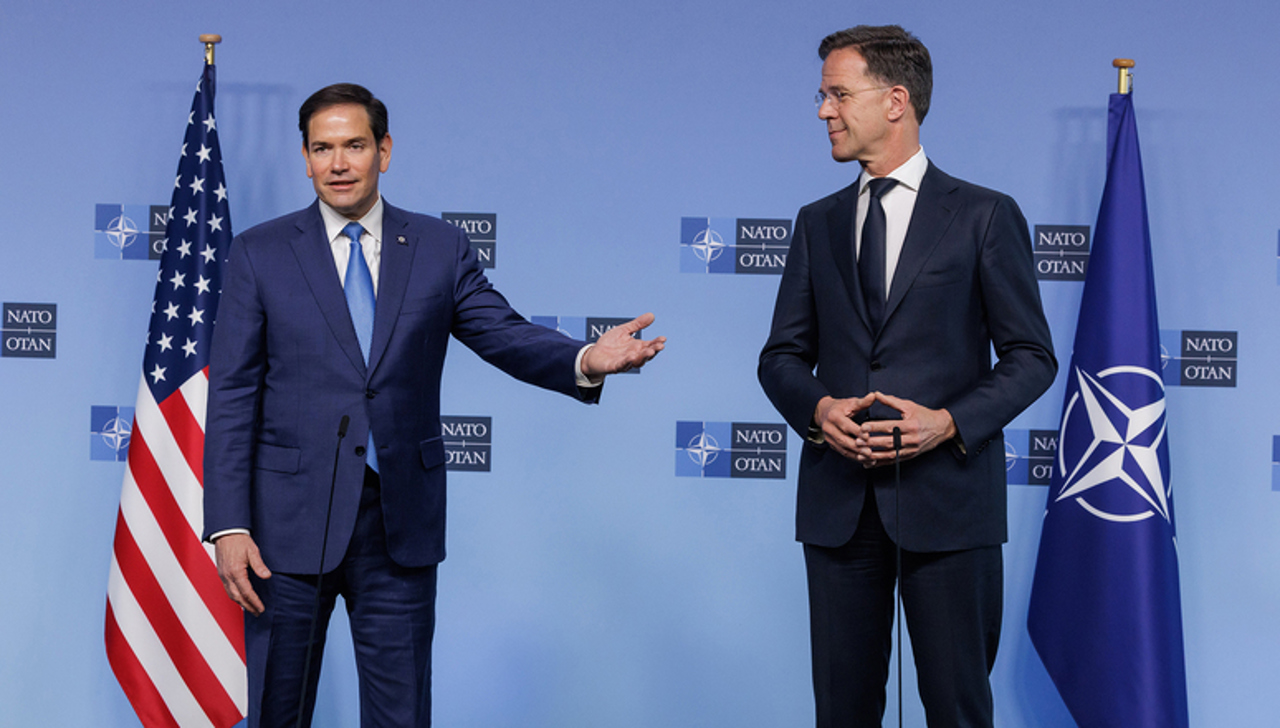
“No one expects you to succeed within a year or two; a realistic plan is needed,” Rubio stated.
“The United States is in NATO. Even now, the U.S. is as active in NATO as ever. The panic and exaggeration I see in international media and some U.S. publications regarding NATO are unfounded. President Trump has made it clear that he supports NATO. We will remain in NATO. [...] We want to leave here with a clear understanding that we are on a realistic path, one where each Alliance member commits to meeting the defense spending target of 5%. This includes the United States,” Rubio emphasized at the NATO Foreign Ministers' meeting.

The meeting in Brussels became, in practice, a negotiating ground between the U.S. and European allies, with the latter seeking to demonstrate their defense spending increases while wanting clarity on Washington’s plans. According to NATO’s estimates, 23 of the 32 member countries have reached or surpassed the defense spending target of 2% of GDP for 2024.
“We know that the U.S. is a reliable NATO ally. [...] When you look at the hundreds of billions of euros and dollars that have been directed in recent months, probably this is the largest defense spending wave we've seen in Canada and Europe since the Cold War, since the fall of the Berlin Wall. This is good news, but still, we must do more,” said Mark Rutte during a briefing with Marco Rubio.
Correspondence from Brussels: A Meeting with underlying tensions
NATO foreign ministers are discussing defense spending, boosting the military industry, and continued support for Ukraine. It’s a meeting with underlying tensions behind the scenes.
Radu Osipov, journalist at Moldova 1: There are some informal, possibly uncomfortable discussions related to Greenland. NATO Secretary General Mark Rutte told journalists that these misunderstandings between the U.S. and Denmark reveal a greater danger: Russia's rearmament in the Arctic region. While Moscow strengthens its military presence in the north, China is becoming increasingly active. Therefore, the responsibility to defend the region lies with the seven Arctic allies, including the U.S. and Denmark. Greenland has broad autonomy but is part of the Kingdom of Denmark, Rutte pointed out.
At this ministerial, U.S. Secretary of State Marco Rubio is attending for the first time. His visit to Brussels coincides with a tragedy—the death of four American soldiers in Lithuania during exercises near the Belarus border. Rubio emphasized that the U.S. remains committed to NATO. His message was clear: “NATO must be stronger. We’re talking about major economies that must contribute more. Like the Europeans, the U.S. has its own domestic needs but prioritizes security.”
Another source of tension within the Alliance is the European Union's initiative to boost the military industry through the ReArm Europe plan. Brussels is proposing loans worth hundreds of billions of euros for companies that produce weapons and equipment, but excluding American firms from bidding. Washington has already sent clear signals that Europeans should continue purchasing from the U.S.
In Brussels, Ukrainian Foreign Minister Andrii Sybiha and EU High Representative for Foreign Affairs and Security Policy. They are participating in the NATO-Ukraine Council, a dialogue platform where Kyiv discusses on equal terms and makes decisions together with allies. In the first three months of 2025, NATO allies have committed to providing Ukraine with over $20 billion in support.

Furthermore, NATO will host the first Summit of the Coalition of the Willing, those who wish to assist Ukraine, an initiative led by France and the United Kingdom. The event is set to take place on April 10.
Russia does not want an armistice
Moscow is increasing pressure on all fronts and is trying to strengthen its negotiating position by intensifying military operations, according to a senior NATO official.
The Russian tactic aims to exploit Ukrainian weaknesses and maintain a high pace of attacks. Although there are no clear signs on the ground that the Russians are achieving significant gains, this strategy seeks to wear down Ukrainian forces and gain tactical advantages.
Ukrainians have not completely withdrawn from the Kursk region, but Russia has regained about 90% of the territory previously occupied by Kyiv, including the city of Sudja. Ukrainian troops still control 100 square kilometers. Similarly, in the Russian Belgorod region, Ukrainians have captured a small area—20 square kilometers, or two villages—but have managed to relieve pressure on Kursk as some Russian troops were redeployed further south. Moscow is trying to create a buffer zone in the Ukrainian Sumy region, though Kyiv had anticipated this move.
In eastern Ukraine, fighting focuses around the cities of Chasiv Yar, Toretsk, and Pokrovsk, where Russia’s pressure is strong. Russian advances are extremely slow, and losses are very high, confirming a risky strategy in which small territorial gains come at enormous human costs. Moscow continues its war of attrition, sacrificing considerable resources for limited territorial advantages. Ukraine has halted Russian progress in Zaporizhzhia and Kharkiv.
Regarding peace negotiations, the NATO official emphasized that Russia’s position has not changed significantly. Moscow has rejected the ceasefire proposal and does not accept the terms set by Washington.
The exchange of special intelligence between Ukraine and the United States continues. "It’s broader and faster than ever before," said the NATO source. The U.S. is providing the largest intelligence support, but all allied countries are actively involved in this process. The flow of information remains constant.
Translation by Iurie Tataru

